Switzerland has everything it needs to become a global hub for food, agriculture and nutrition innovation
A conversation with Agroscope’s Dr Fabian Wahl
From where Dr Fabian Wahl is sitting – Agroscope’s Liebefeld research station, for the curious – Switzerland is already well on its way to becoming a global hub for innovation in food, agriculture and nutrition.
Agroscope’s Head of Food Microbial Systems believes the country has the winning combination it needs to achieve this goal: forward-thinking and highly qualified researchers, a robust economy and a high number of engaged companies in multiple, interconnected sectors are all driving this trajectory.
Wahl has been leading the Food Microbial Systems strategic research division at Agroscope’s Bern-Liebefeld site since 2018. Agroscope is the Swiss Confederation’s centre of excellence for agricultural research, and an influential contributor to the fields of sustainable farming and food across Switzerland. With sites and research stations all over Switzerland , Agroscope operates via a decentralised infrastructure which takes into account the regional differences across the Swiss agro-environmental system.
The German native, who also sits on Agroscope’s Executive Board, is both galvanised and pragmatic about the issues facing the Swiss food, farming and nutrition sectors, whether that’s investigating the effect of fermented foods on human gut bacteria, achieving greater agricultural self-sufficiency or – this year’s hot topic – the intersection between COVID-19 and nutrition.
In a special interview to mark Agroscope’s new membership of the Swiss Food & Nutrition Valley, Wahl discusses the diversity of Agroscope’s contributions to Swiss agriculture, food and nutrition – from field to fork to fermentation inside the body.

Dr Fabian Wahl
Head of Food Microbial Systems and Member of the Executive Board at Agroscope
Agroscope is a Swiss governmental body dedicated to agricultural research. Our work encompasses the entire food and agriculture ecosystem nationwide. We study the whole process from primary production to food processing, nutrition, including how food interacts inside the human body. There are 17 strategic research fields in the 2018-21 Work Programme spanning issues as diverse as the development of sustainable proteins, making Swiss agriculture climate change-proof and lowering the risks of bacterial food contamination.
My research group works on food microbial systems, delving as deeply as possible into the human body. My team studies how microorganisms within food interact with the human digestive system. How do bacteria help – or hinder – us? We study how we can add fermented cultures to foods to improve their taste, quality and safety. We look at processed convenience foods, which are more likely to be contaminated by bacteria. And we ponder whether we can use bacteria to make plants more disease-resistant or to improve the level of micronutrients in fruit. This focus on microbes, while current, is not new – it is a huge part of Swiss history. We are in fact custodians of the oldest, largest collection of bacterial cultures used in the fermentation of food, the Liebefeld Kulturen.
We scrutinise all stages of a food product’s journey, from planting to plate to palate. Let us take milk as an example. It is used in famous Swiss cheeses like Appenzeller and Gruyère, so it is an essential component of the Swiss food ecosystem. We start by studying the cows, to ensure they are producing the highest standard of milk possible. Then we look at how the milk is processed and how to maintain its quality during manufacturing. We examine its microbial content as it is made into cheese and onwards, as it is digested by the human body.
Swiss cheese is world-renowned. Now we are also applying this knowledge to other food types, like fermented plant products.
Fermentation in food has been one of our major focuses since 2015.
After all, Swiss cheese is world-renowned.We have long been active in the dairy sector. Now we are also applying this knowledge to other food types, like fermented plant products. Containing over 10,000 strains, our exclusive collection of bacteria allows us to modify the nutritional profile of food products with fermentation, increasing their nutritional value. We are also investigating whether fermented foods have positive health benefits. How does fermented food impact human gut flora? And – just as important – does it taste good? Eating good food should not be a chore, like refuelling your car; it should be a joy.
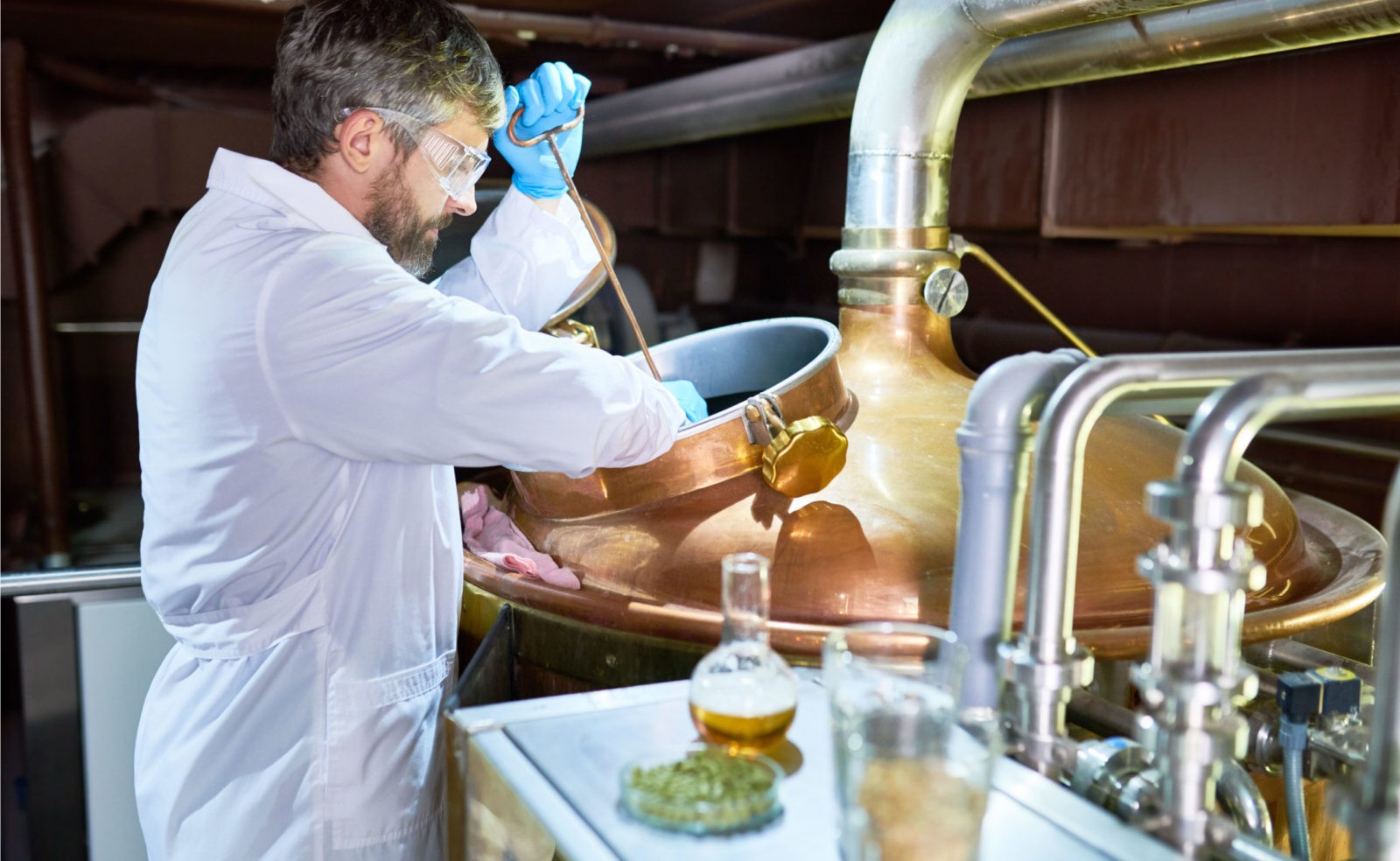
Fermentation Tank | Envato ©
Swiss people have an emotional connection to their landscape and the food it yields.
We are a small nation and we are immensely proud of our landscape. We appreciate our mountains and our lakes; we know where our food is produced. We want to protect these assets for future generations. Our work at Agroscope builds on this essence of ‘Swissness’. We are lucky that these topics are valued within Swiss society.
The Swiss can afford to be early adopters. When it comes to innovation, you need to be prepared to think outside the box. However, being able to afford to innovate is just as important. Early adoption is always more expensive. It starts with the luxury sector, before costs gradually come down over time. Switzerland is a wealthy country and so having the investment and resources to bring about change is really what makes Switzerland stand out.
Switzerland is pretty self-sufficient. Our small country provides around 60 percent of its own food. We produce our own meat, wheat, and dairy. We are an outlier compared to other small countries, which generally produce less of their own food. The coronavirus pandemic and accompanying transportation restrictions have shown just how important local food production is.
The coronavirus pandemic and accompanying transportation restrictions have shown just how important local food production is.
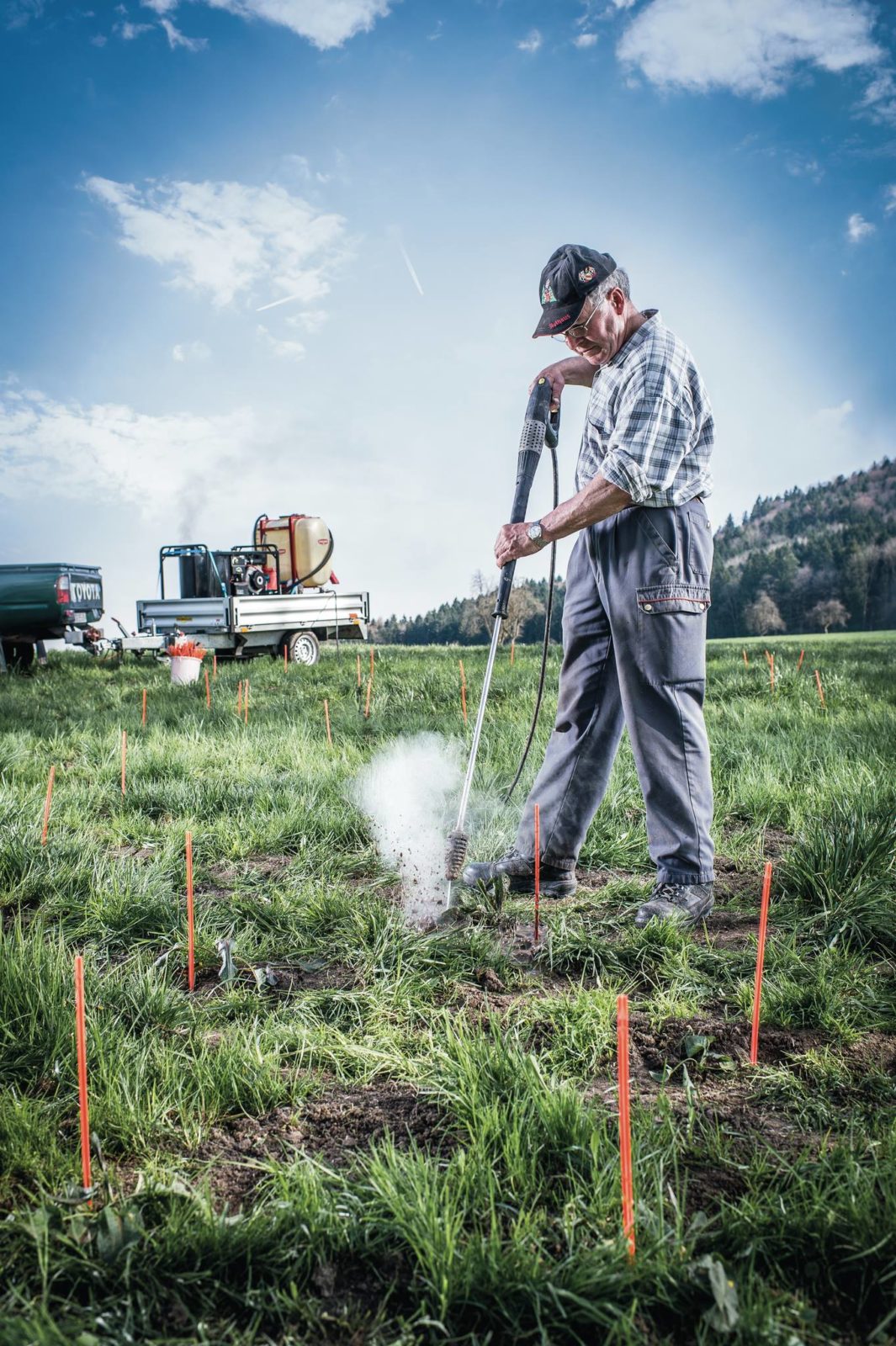
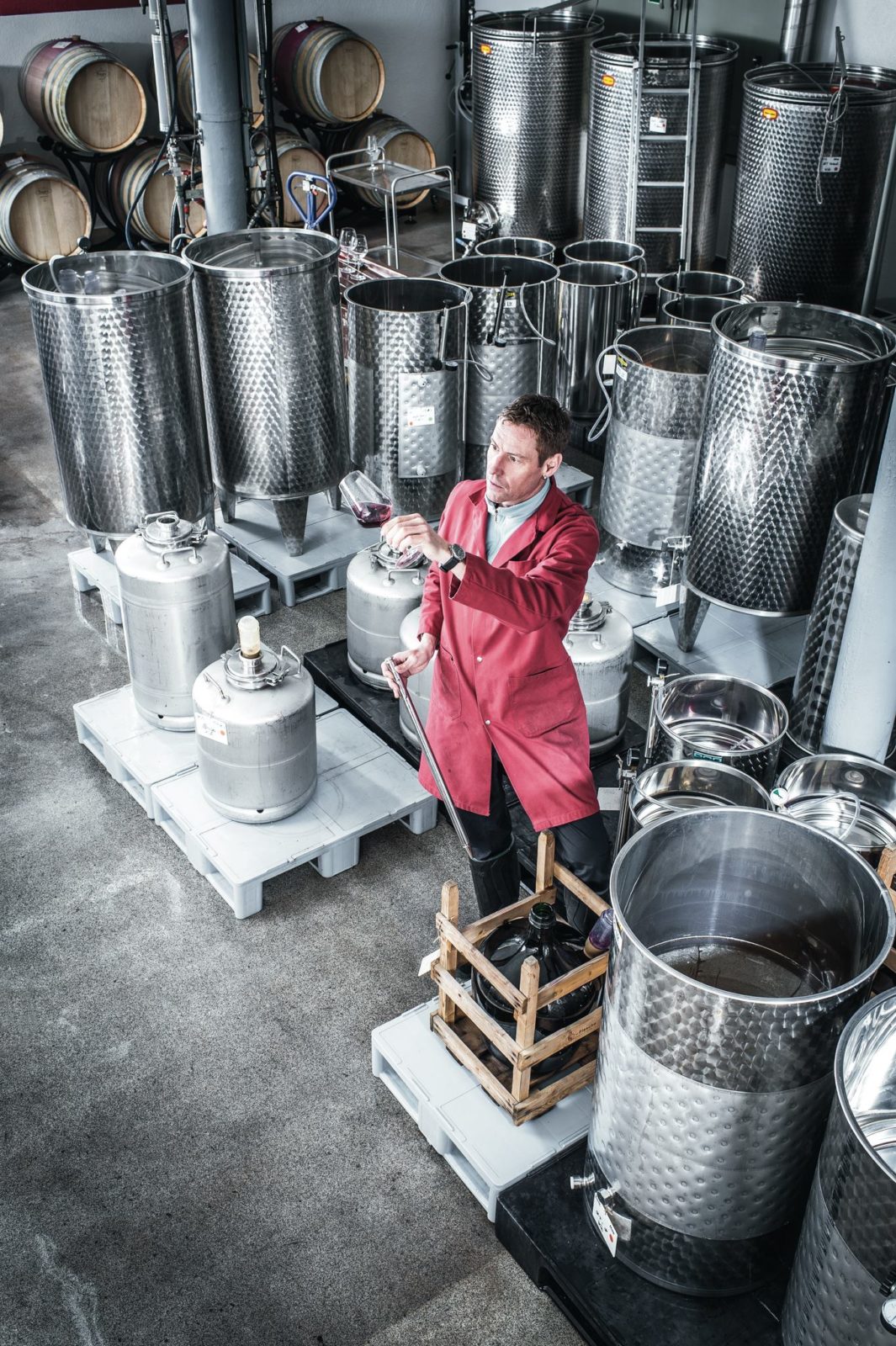
Swiss Food Industries | Agroscope © Jürg Waldmeier
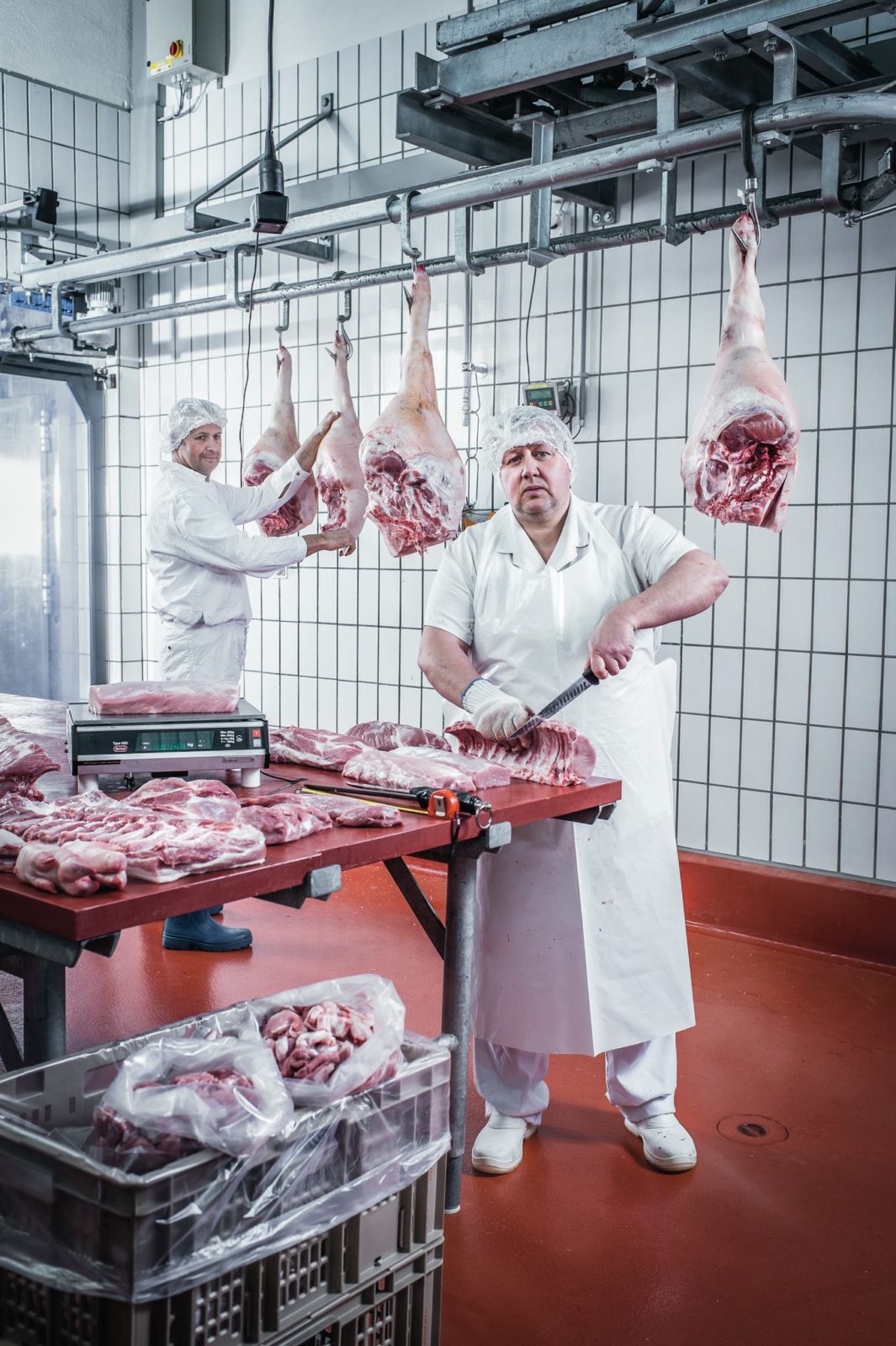
COVID-19 has made the link between diet and health plainer than ever.
While most people experience a mild illness, those with certain risk factors like diabetes, obesity or coronary heart disease are more likely to develop serious complications. Most of these illnesses have a complex network of causes, but poor nutrition is a significant risk factor. With improved nutrition – especially personalised nutrition – you can manage many of those risks. Nutrition is gaining more and more traction among the general population, and we are addressing this need, asking and answering the question of how we can all benefit from advances in nutritional science and consume healthier diets. With food and nutrition, your target group really is the entire population.
New technologies like vertical farming and aquaponic systems will allow us to produce food hyperlocally.
Swiss startups are already working in these areas. This year the vulnerability of global supply chains became immediately clear. This is one positive among the many negative aspects of the pandemic. There will be more emphasis on where food is produced, reducing transportation and pivoting to regional produce. Other countries are scrambling to catch up whereas we are well-placed to lead the way. We have already been doing it for years.
As a result, we boast world-leading companies and institutions. We are home to world-renowned research institutes like ETH Zurich while the Nestlé brand is a household name around the world. There is also an incredibly active startup culture that is constantly driving innovation. These companies sit alongside 60,000 small to medium-sized farms, which – supported by Agroscope – have the tools to initiate sustainable change in food production and agriculture. All the cards are in our hands.
Agroscope has partnered with ETH Zurich on a pioneering research study. The NutriExhalomics project aims to develop a breath test to analyse the effects of certain foods on our health. We hope this non-invasive and cost-effective test will provide immediate, real-time information on health. The research will support clinical diagnostics in medicine. We know human breath can contain very early signs of some illnesses, especially those affecting the lungs or the digestive system.
This study, and many others, champion cooperation between scientific disciplines. At Agroscope we bring together innovators from an array of different disciplines. This is an attractive prospect for trailblazing researchers who are keen to join interdisciplinary teams. We combine teams of agronomists, economists and molecular biologists to work together on one challenge, sharing their differing views on the same subject.
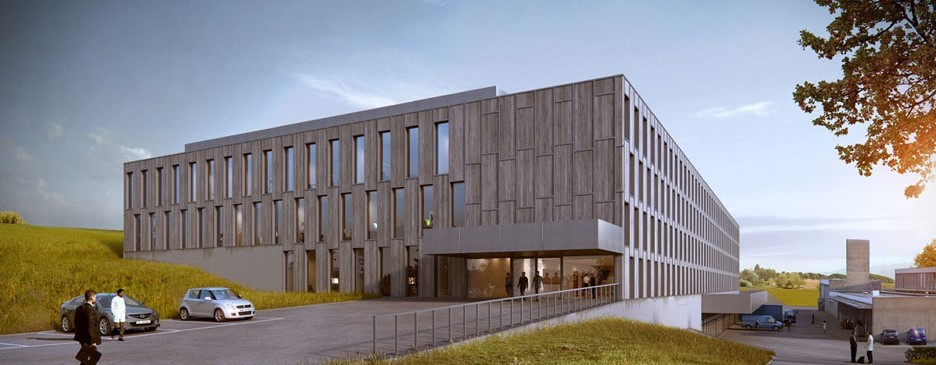
Agroscope’s new research center | Posieux, Fribourg
Our new laboratory in Posieux is scheduled to open in 2024.
As well as being a cutting-edge research facility, the site will become Agroscope’s centralised campus and management headquarters. Having our labs in one place will bring incredible opportunities for interdisciplinary projects. An on-site Biosafety Level 3 classified pilot plant will give us exciting opportunities to research food safety – we will even be able to conduct experiments on the bacteria on original-size cheese wheels!
Agroscope is not a lonesome player on the field. More than anything, I want to emphasise how important it is to see our organisation as an active, engaged participant in the Swiss research landscape. Our focus is on evidence-based analysis, knowledge transfer and a highly integrated network. In normal years, we hold many seminars and events to channel our knowledge to farmers and scientists. I think Agroscope’s membership of the SFNV will only facilitate and enhance this goal, as well as helping us to connect with new partners.
Switzerland has everything it needs to become a global centre for food, agriculture and nutrition innovation. The three biggest contributing factors to innovation are a supply of motivated researchers, engaged industrial companies and startups, and sufficient funding. We have all three. We are ready to go! In fact, I would say we are already well on our way.
